Review : VW Golf VI ( 2008 – 2013 )
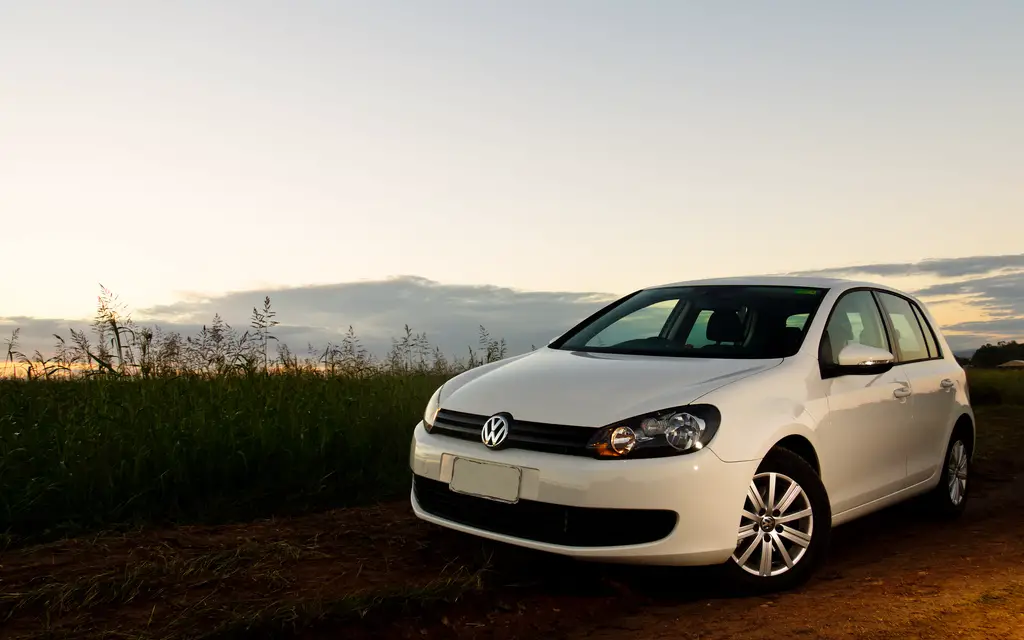
VW Golf VI, the official car of “lasts until the warranty”. How did we get here with the successor of the brilliant Golf V, find out today.
The VW Golf VI came about in 2008 in order to retire the short-lived Golf V. And it didn’t actually replace it as it just a heavily facelifted Golf V.
And how did the VW Golf VI perform?
This car ruined the reputation of VW, because it had a lot of issues which suddenly surfaced shorty after the warranty was over. The height of VW’s reliability issues clam down this cocktail of errors and this forced VW to invest lots of money back into reliability R&D, much like Renault had to do after the Laguna II episode. If this car would’ve been a movie, it would’ve been Star Wars: Attack of the Clones. If it were an TV show, it would’ve been “Hell’s Kitchen”. If it were video equipment, it would’ve been GoPro Hero 5.
Yet still, the Golf sold better than magazines with bikini-clad front pages.
That’s mainly because the VW Golf VI was riding on the back of the reliability of old, when VW made cars like bricks. Designed like bricks, luxurious as bricks, reliable as bricks, fast as bricks. Sure, you can ride on the back of the past, but if you don’t keep it up you will fall and sometimes you won’t be able to get back up again. And the fact that this car was in the middle of attention during the Dieselgate scandal didn’t help the German hatchback either.
The VW Golf VI itself is not the worst garbage, being an fairly massive update of the old Golf V. Still, the amount of issues this car had turned away permanently many customers.
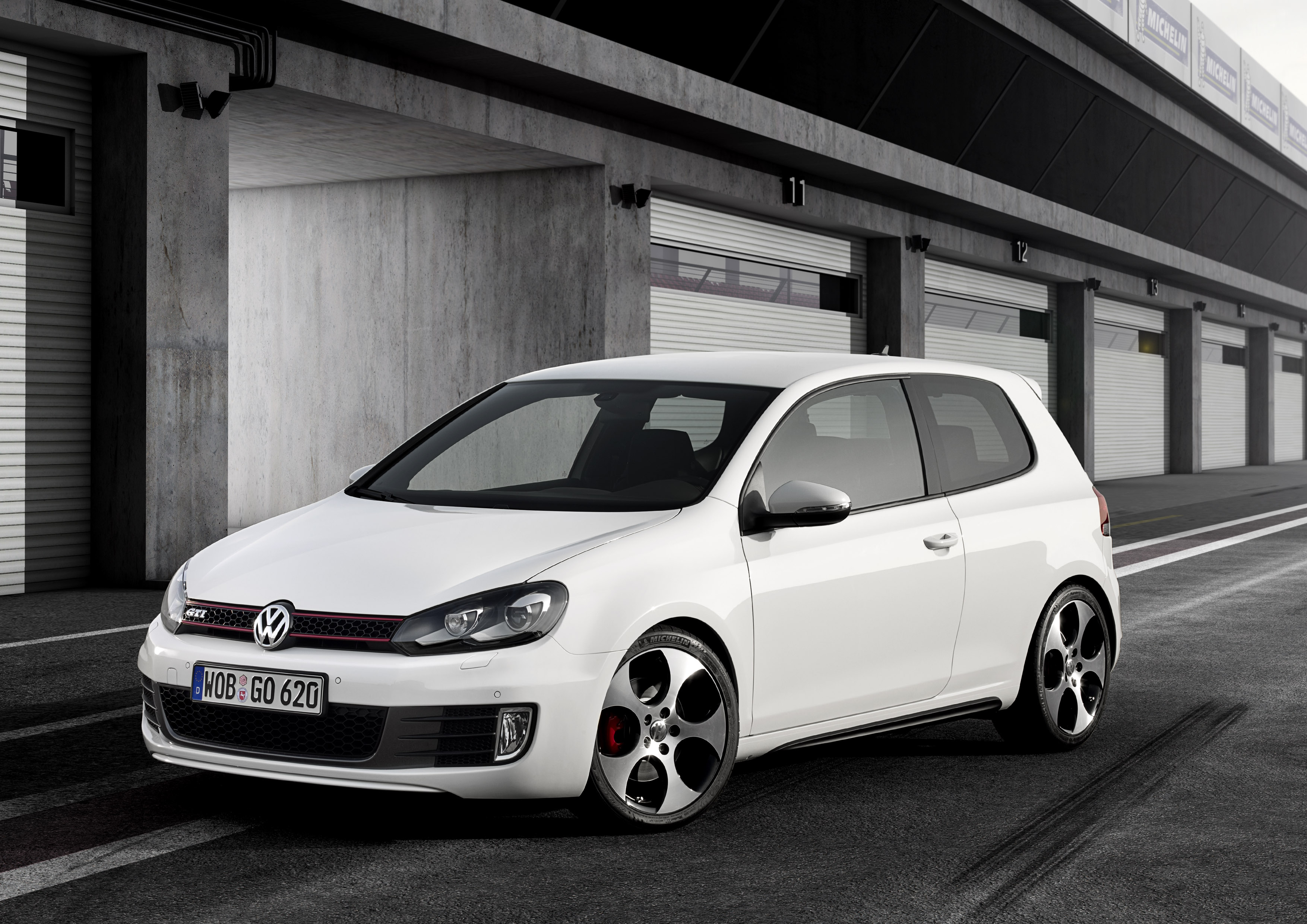
VW Golf VI engines
Petrol
- 1.2 TSI CBZ/CBZB/CBZC of 85 and 105 horsepower – A brand new turbocharged petrol barges in and promises law and order. Did it? It does have the same general issues as the other TSI engines so I’ll just bunch them up together. As for power, the 85 bhp one is as physically strong as Angela Kinsey
- 1.4 CGGA of 80 horsepower – The same old 1.4 MPI carried over from the Golf IV. It’s a simple, reliable, no-fuss city engine. Great for the sort of driver that does the home-school-work-school-mall-home schedule. Furthermore, I have a feeling that they kept this engine solely for the ads that said “VW Golf VI, with prices starting from…”
- 1.4 TSI CAXA of 122 horsepower – Same old 1.4 TSI from the Golf V, with the same issues. Too bad that it got solved in 2013, when the new Golf VII came along.
- 1.4 TSI CAVD of 158 horsepower – It’ not any better than it used to be. With both a supercharger and turbocharger, with pistons made out of chewing gum, there’s no way you’ll enjoy this engine.
- 1.6 BSE/BSF/CCSA of 102 horsepower – The good old 1.6 MPI sings it’s final hurrah under the bonnet of the VW Golf MK VI. Launched all the way back to the Mk III Golf, this engine is just about the most reliable unit on the Mk VI Golf. Not fast, not economical, but reliable.
- 1.8 TSI CDAA of 160 horsepower – The legendary 1.8 TSI joins the Golf VI party as an Germoney exclusive. It’s got a whopping 160 bhp and oil incontinentia, but it’s worthy it.
- 2.0 TFSI CCZB/CBFA of 210, 235 and 270 horsepower – Launched just for the GTI and R versions, the 2.0 TFSI is the village wheelbarrow for lots of VW’s children. It chugs down about 1 litre of oil for every 1000 kms and that’s “in working parameters”. Why? Because VW.
Diesel
- 1.6 TDI CAYC of 90 and 105 horsepower – This was supposed to be the spiritual successor of the legendary 1.9 TDI but it was more like the Star Wars Sequel trilogy. I’d rather drink liquid poo rather than buy a car with this engine. Legend has it that the EGR and DPF fall off after every 200 meters of city driving.
- 2.0 TDI CBAA/CBAB/CFFB of 110, 140 and 170 horsepower – The stablemate 2.0 TDI punches it’s way through the dieselgate scandal and doesn’t have much in the way of issues. If it’s reliability that you want, the 110 bhp is the best of the bunch. Also, make sure to use only quality fuel so that you won’t wreck the High Pressure Fuel Pump.
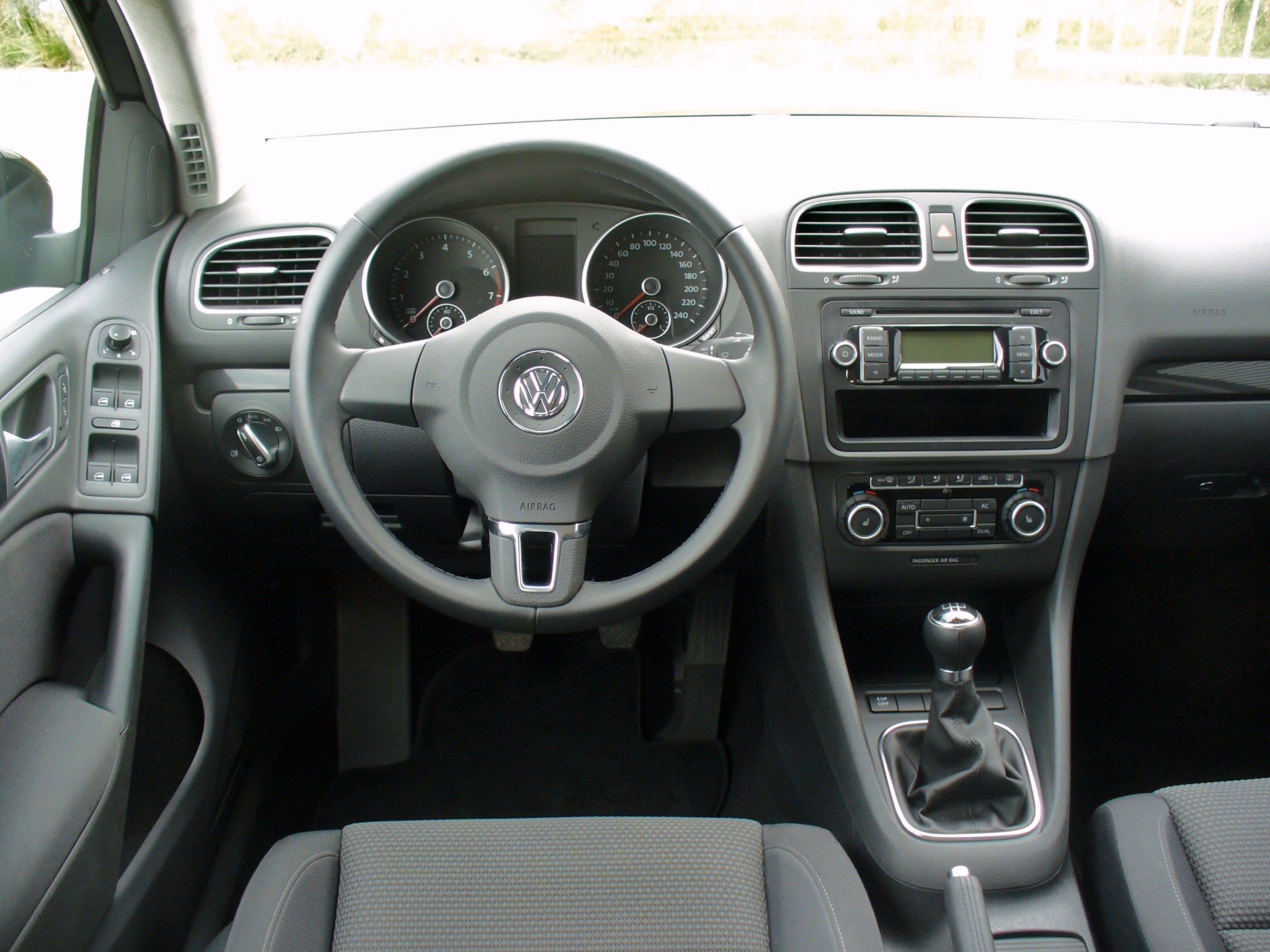
VW Golf VI Reliability Issues
- Timing chain stretch issues affect all the TSI petrol engines from this era. As soon as you heard strange metallic noises in the cold morning, you need to take your 1.2 and 1.4 TSI to the garage for a check-up.
- No mercy for the diesels either, where they suffer from the classic dual-mass flywheel that ends it life faster than a smartphone ends its battery life. Also, make sure to use quality fuel as the injector system can clog up with soot and that’s about it with the engine.
- The DSG automatic gearbox is weaker than Betty White so it’s important to keep it healthy. Feed it new oil and filter every 60000 km and pray that the Mechatronic unit does not die. If you want to buy an automatic VW Golf VI, make sure to test it out on a cold start.
- ABS and G201 sensor is carried over from the Golf V and it’s still full of problems. Not that big of a deal, considering that most problems are related to the engine and the transmission. You won’t need brakes when the car doesn’t move.
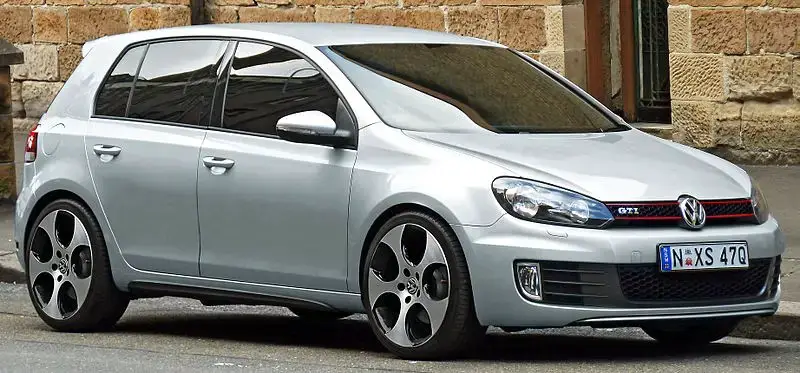
VW Golf VI verdict
Even if it’s full of issues like an piece of code written by an underpaid intern and it got retired after just 4 short years, the VW Golf VI remains the reference car for the hatchback sector. It’s much more pompous than the old Golf V, with some issues that can be avoided. For example, if you go for an old-fashioned manual box you solve half of the problems. It’s the middle child of the family, which came fast and disappeared faster. It’s not an great hit like the old Golf V and the following Golf VII solved most of the issues. Much like LMFAO, it came, it made some noise and then it went poof.
Which engines do I recommend? For the petrol minded motorist, the old fashioned 1.6 MPI 102 bhp is still the top pick. As for the diesel, the 2.0 TDI 110 bhp is the finest of the bunch.
Similar Articles
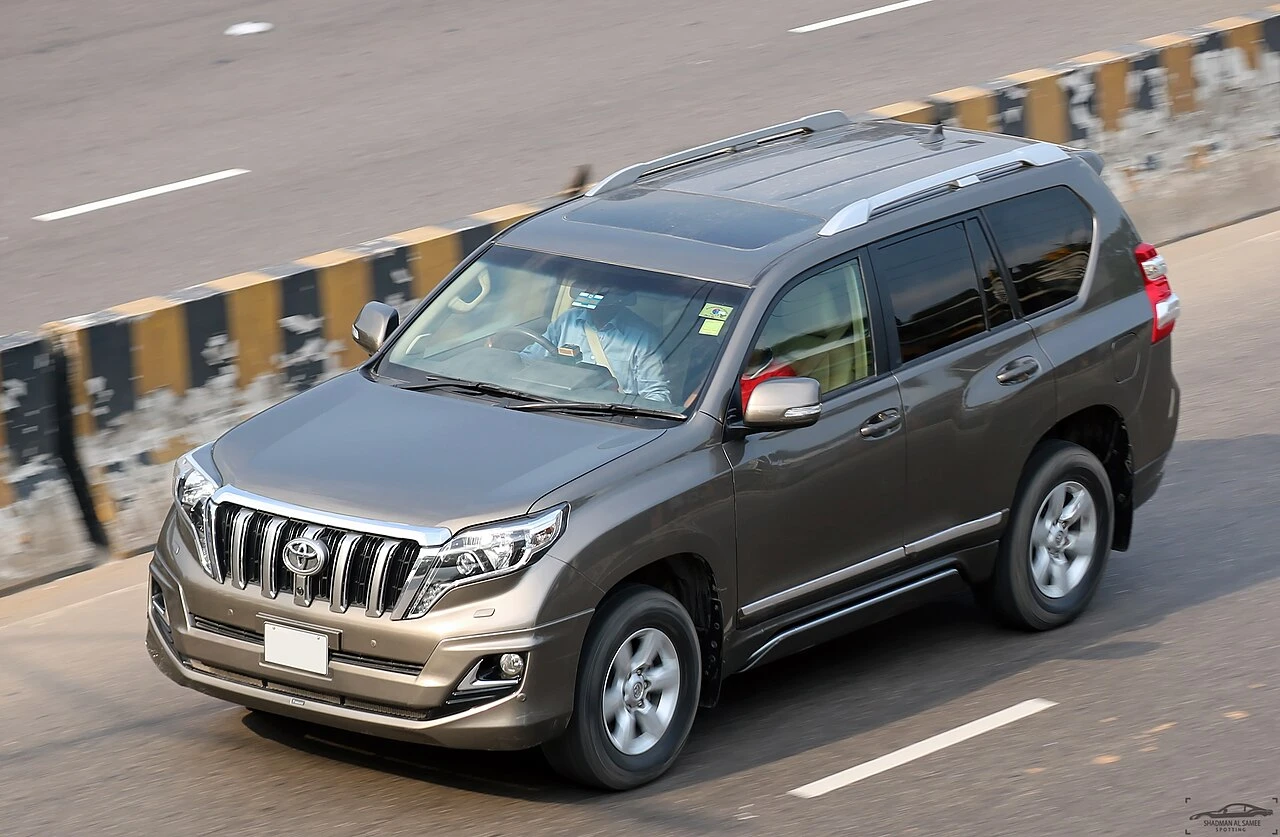
Review : Toyota Land Cruiser J150 ( 2009 - 2023 )
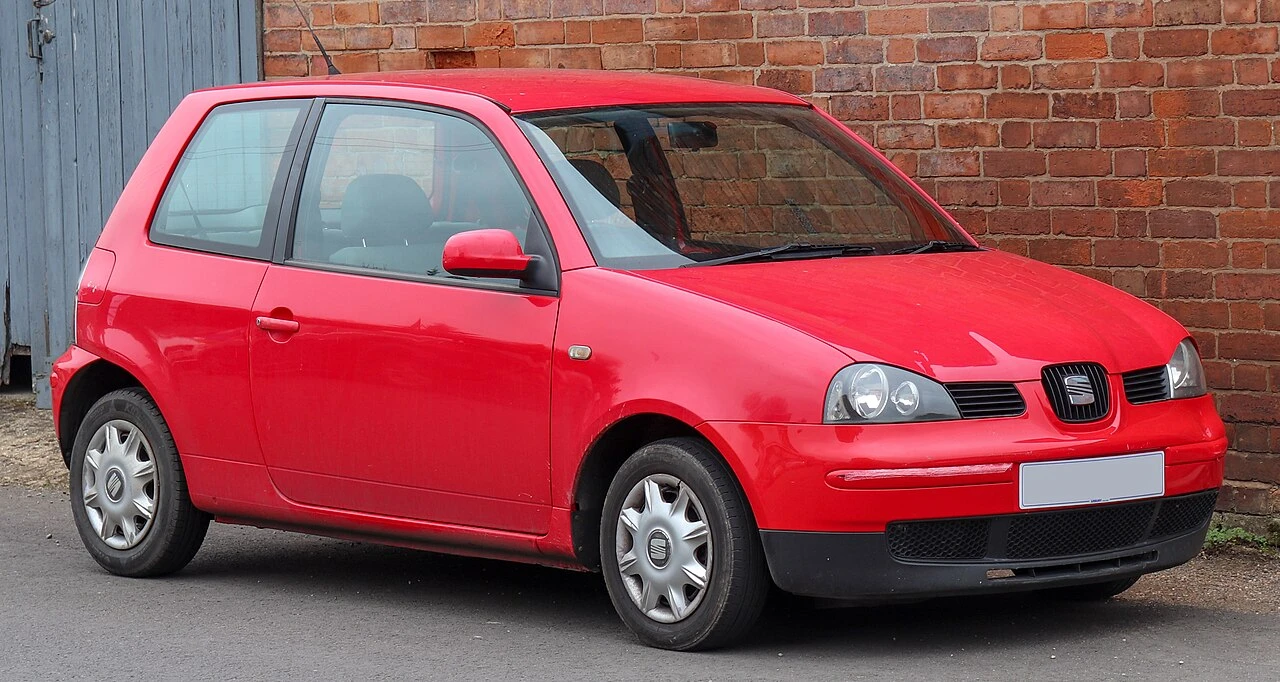
Review : Seat Arosa ( 1997 - 2004 )
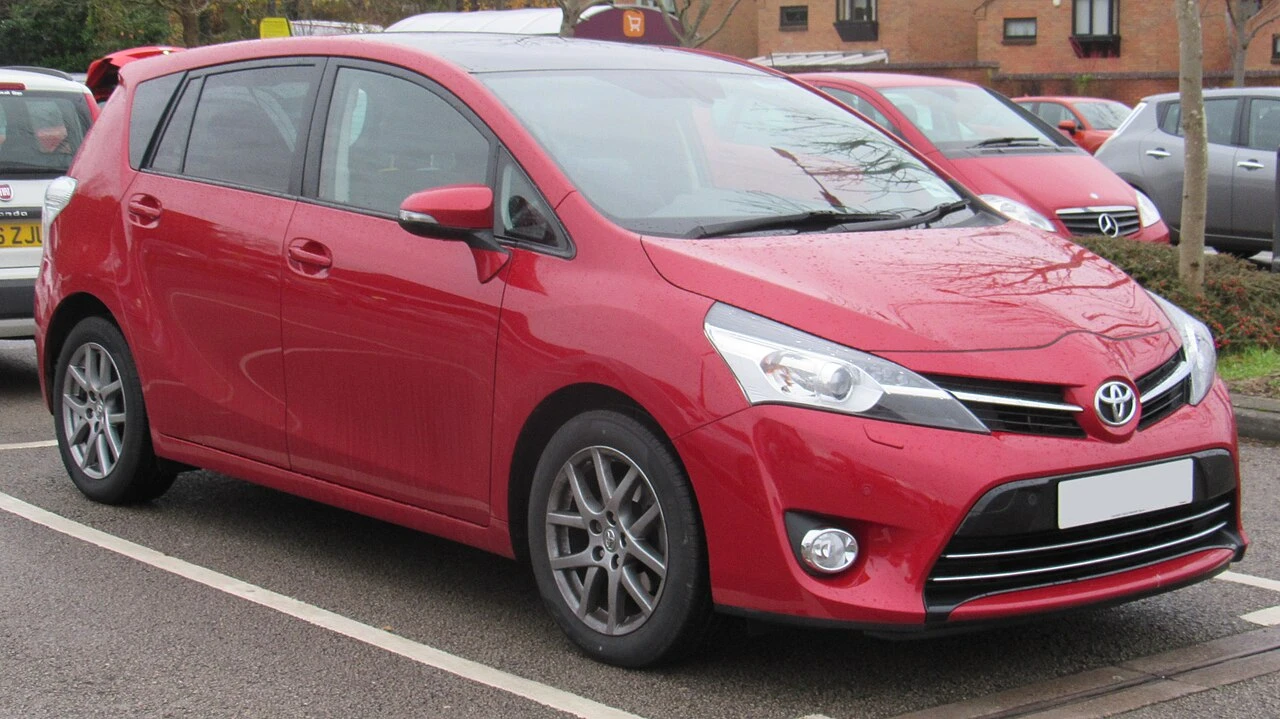
Review : Toyota Verso AR20 ( 2009 – 2013 )
Write an answer
-
-
-
TheMaus
After Golf started producing only diesel engines, everything started to fall just like damn dominoes. Petrol engines still reliable, even after 21 years of functioning and many…many kilometers later.
-
- Review : Toyota Land Cruiser J150 ( 2009 - 2023 ) 15 December 2025
- Review : Seat Arosa ( 1997 - 2004 ) 01 October 2025
- Review : Toyota Verso AR20 ( 2009 – 2013 ) 10 November 2025
- December 2025
- November 2025
- October 2025
- August 2025
- July 2025
- April 2025
- March 2025
- February 2025
- January 2025
- December 2024
- November 2024
- October 2024
- August 2024
- July 2024
- June 2024
- May 2024
- April 2024
- March 2024
- February 2024
- January 2024
- December 2023
- November 2023
- October 2023
- September 2023
- August 2023
- July 2023
- June 2023
- May 2023
- April 2023
- March 2023
- February 2023
- January 2023
- December 2022
- November 2022
- October 2022
- September 2022
- August 2022
- July 2022
- June 2022
- May 2022
- March 2022
- April 2021
- January 2021
- December 2020
- November 2020
- October 2020
- September 2020
- August 2020
- July 2020
- March 2020
Bravo!